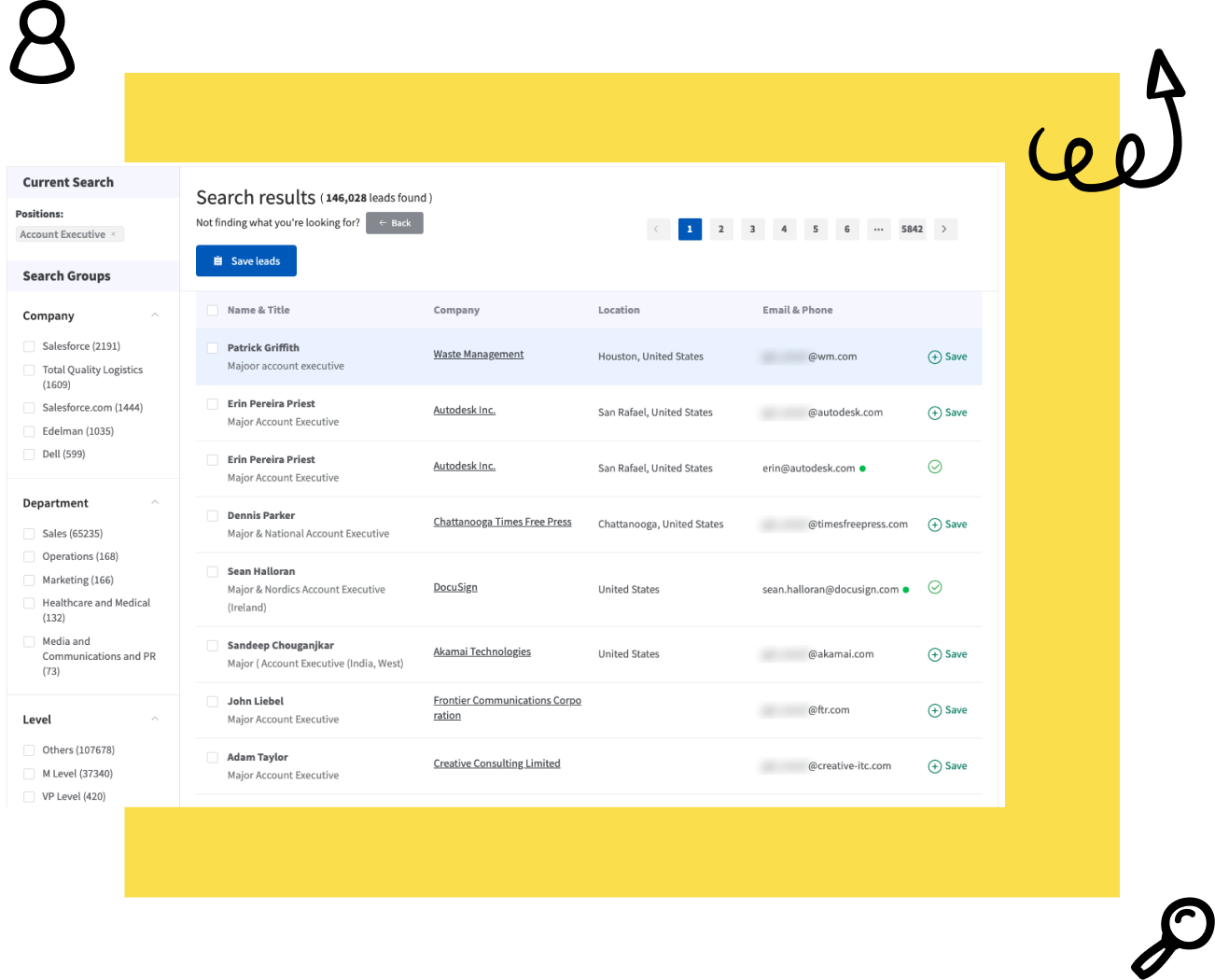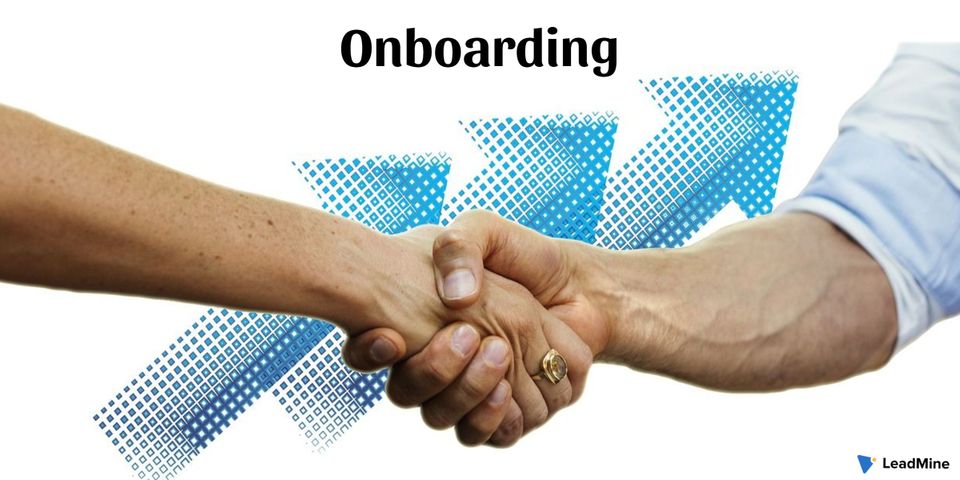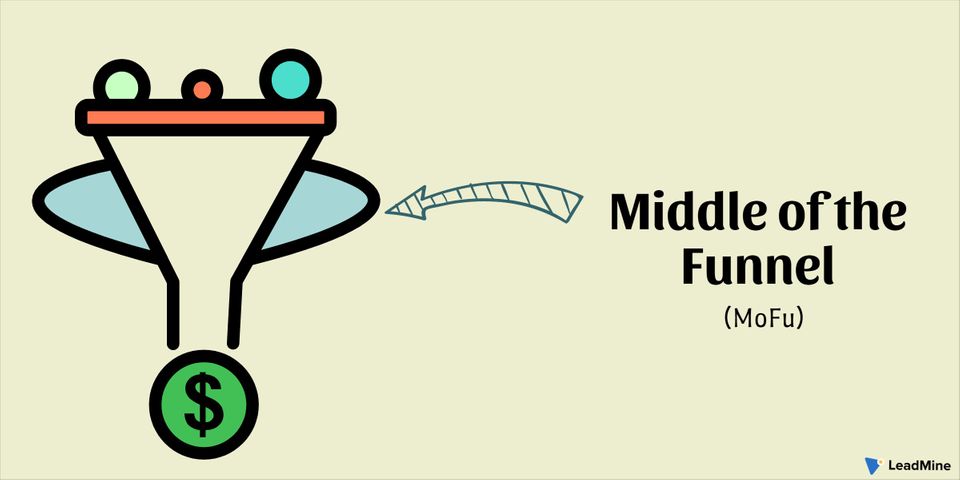B2C is a very different situation than B2B. It has its own business models in the process of sales. Read on to learn more about the strategies and methods that you need to know and how to get started on your B2C business.
We will cover the following:
What is B2C?
B2C (business-to-consumer or BtoC) is a circumstance of a commercial transaction between the business and an individual customer. Traditionally, the term B2C refers to the process of selling products or services directly to the consumers, including in-store shopping or eating in a restaurant. In this digital world, it describes transactions between online retailers and online customers.
B2C played a huge role in the development of the commercial internet in the 1990s. It contains large sums of venture capital flowed to consumers in the form of free online services and discounted shopping.
If the capital markets turned out, however, B2C companies were the first set of companies to fall and they fell faster than we think. Because of this, many companies tried to follow the large group of investors by undergoing a B2C to B2B makeover.
What are the B2C Models?
There are generally five business models in business-to-consumer:
- Direct Sellers
A direct seller is the most common type that people are familiar with. They are the online retail sites where consumers can buy products straight from the seller. Examples include Target.com and Walmart - Online Intermediator
Online intermediator acts like a bridge that put buyers and sellers together without owning the product or service. Example: Trivago - Advertising-Based
This approach creates a high volume of web traffic to sell products or services to the consumer through advertising. This model uses high-quality free content to attract visitors and then encounter online ads to turn them into a customer. An example includes Vox Media and The New York Times. - Community-Based
This model uses online communities of having shared interests to help advertisers market their products directly to visitors. The best example for this type is Facebook, which helps marketers target ads to people according to very specific communities. - Fee-Based
This type of model charges a subscription fee for access to their content. They typically include publications that offer a limited amount of content for free but charge for most of the content. Example: Netflix
B2C E-Commerce
Business-to-consumer e-commerce refers to the process of businesses selling products or services directly to consumers without a middleman. It is typically used to refer to online retailers who sell products and services to consumers through the internet. It became a threat to traditional retailers and destroys their profit were they adding a mark-up to the price. However, companies like Amazon, eBay, etc have developed vigorously and becoming industry disruptors.
B2B vs B2C E-Commerce
B2B and B2C e-commerce are quite different and aren’t the same. The purchasing needs are different between the business buyers and retail consumers. Here are some of the differences can be:
- Multiple Decision-makers vs Single Decision-maker
B2B purchases involve several layers of approval and different departments while B2C purchases are decided upon by the individual buyer. - Buying Rationally vs Buying Impulsively
B2B buyers plan for recurring purchases while B2C buyers will buy on impulse and make one-off purchases. - Long-term Customer Relationship vs Short-term Customer Relationship
B2B purchases are based on long-term and on-going relationships while B2C purchases are one-off purchases. - Diverse Prices vs Fixed Prices
B2B pricing is usually negotiated individually while B2C pricing is not negotiable. - Post Delivery Payment vs Pre-delivery Payment
B2B payment options are on terms and maybe 30 or more days after goods are shipped while B2C is generally paid by credit card, debit card before the goods are shipped. - Punctuality Delivery vs Speed Delivery
B2B buyers want a reliable schedule delivery while B2C buyers are looking for a speedy delivery.
|
B2B |
B2C |
|
Multiple Decision Makers |
Single Decision Maker |
|
Buying Rationally |
Buying Impulsively |
|
Long-term Customer
Relationship |
Short-term Customer
Relationship |
|
Diverse Prices |
Set, Fixed Prices |
|
Post-Delivery Payment |
Pre-Delivery Payment |
|
Deliveries focused on punctuality |
Deliveries focused on speed |
B2C Marketing
B2C marketing is the strategy or method to promote products and services to consumers directly. That covers a huge range of situations, whether it is investing in a new car or deciding where to buy a belt from Gucci or Chanel.
In technical terms, it is promoting a product to individuals for personal use. in business terms, it is defined as promoting individual products to individual buyers in a retail or e-commerce platform. In simple terms, it is promoting anything that people would buy for themselves.
The B2C marketing goals include building brand awareness, generating leads, improving customer engagement, increasing sales, and raising customer retention and loyalty.
B2C Marketing Strategies
B2C marketing strategies are constantly evolving because of the e-commerce industry and the increasing influence of social media channels. Here are some of the most powerful strategies include:
- B2C Content Marketing
- Email Marketing
- SEO optimization
- Social media marketing
- Paid search advertising
- Creative contests
- Affiliate marketing
- Free add-ons
- Influencer marketing
Conclusion
Any B2C company must maintain a good relationship with their customers to ensure they will come again. Unlike, business-to-business (B2B), whose marketing campaigns are created to demonstrate the value of a product or service while B2C companies must have an emotional response with their customers.
LeadMine : Find Your Next Customer without Wasting Time
LeadMine is a lead generation platform used by all types of businesses. From over 200 million contacts, you may identify your target b2b leads as well as their email addresses.

LeadMine is an extremely simple and handy application that can improve your marketing and sales processes. Its user-friendly interface, strong algorithms, real-time data, and email verification features save time that can be better spent on other tasks. The rich API solution can also check hundreds of email addresses in less than a minute. The powerful yet easy solution might be your ideal marketing and sales partner, helping your business grow.





